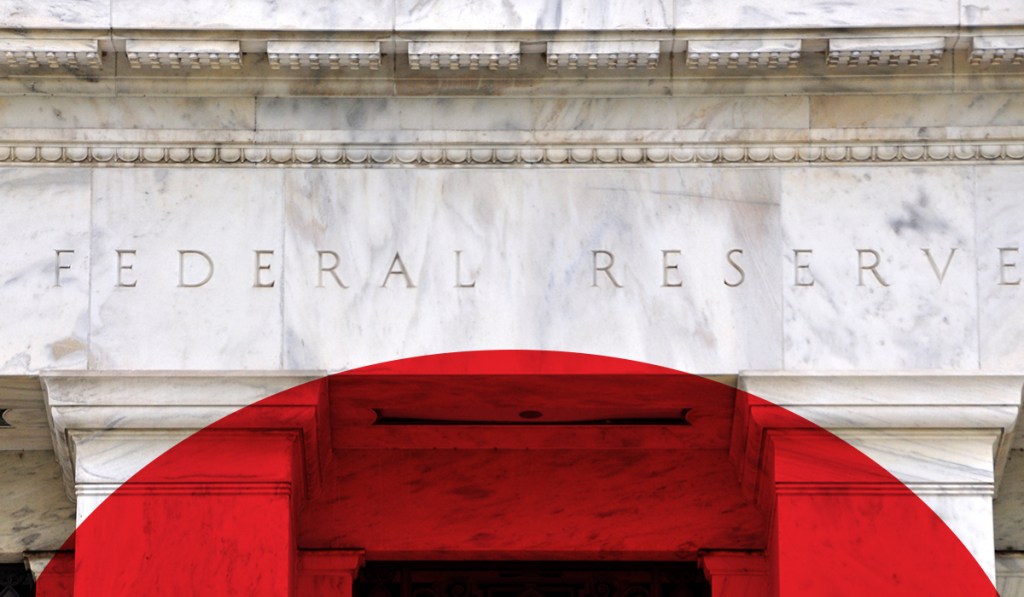With 30-year fixed mortgage rates climbing to a 23-year high, the Mortgage Bankers Association (MBA) called on the Federal Reserve to bring some certainty to financial markets.
“It is time, and very important for the Fed to make clear two statements — the Fed is at the end of its rate hikes; the Fed will not consider selling its mortgage-backed securities (MBS) holdings until and unless the housing finance market has stabilized and mortgage-to-Treasury spreads have normalized,” MBA president and CEO Bob Broeksmit said in a letter sent to MBA members on Friday.
These measures will provide the market with greater certainty about the future path of mortgage rates and the Fed’s plans for its MBS portfolio and reduce volatility for traders and investors, Broeksmit noted.
The central bank currently holds about $2.6 trillion of MBSs as part of its roughly $8 trillion securities portfolio.
In efforts to reduce its balance sheet as part of the plan to tighten monetary policy, the Fed is allowing up to $60 billion a month in Treasury securities and $35 billion in MBSs to mature and roll off from its holdings.
The MBA and other housing trade associations will ask the Fed in the coming days to communicate its plans, according to the letter.
While the Fed’s policy mandate is on macroeconomic conditions rather than secular factors, MBA has made clear the negative impact that the Fed’s policy choices are having on both the mortgage market and the dream of affordable homeownership, particularly for low- and moderate-income homebuyers and minority borrowers, the letter read.
Since the central bank started its campaign to fight inflation, the Fed raised interest rates to a range of 5.25 to 5% – the highest level since 2001.
Mortgage rates, which loosely follow the movement of the 10-year Treasury yield, are at their highest level in more than two decades. The 10-year yield was at 4.72% on Oct. 5, 2023, up from 3.76% during the same period in 2022.
Some economists forecast that the 10-year Treasury could hit 5% and an 8% mortgage rate does not seem unlikely. Some loan originators told HousingWire that mortgage rates for conventional loans for borrowers with lower credit scores were in the 8% range.
This week’s 30-year fixed mortgage rate averaged 7.49%, up from the previous week’s 7.31%, according to Freddie Mac’s data. HousingWire’s Mortgage Rates Center showed the 30-year fixed rate higher at 7.549% on Friday.
With U.S. employers adding a surprisingly strong 336,000 jobs in September, the likelihood for the Fed to raise its key rate again before year-end has become higher.
Fiscal policy and political dysfunction also played a role in the recent rate instability, Broeksmit highlighted.
“Congress must take steps to restore budget discipline and effective policymaking (…) Ongoing gridlock on Capitol Hill, including a “near miss” government shutdown last week, continues to be a concern for financial markets, further driving up the price of government debt,” Broeksmit said.






